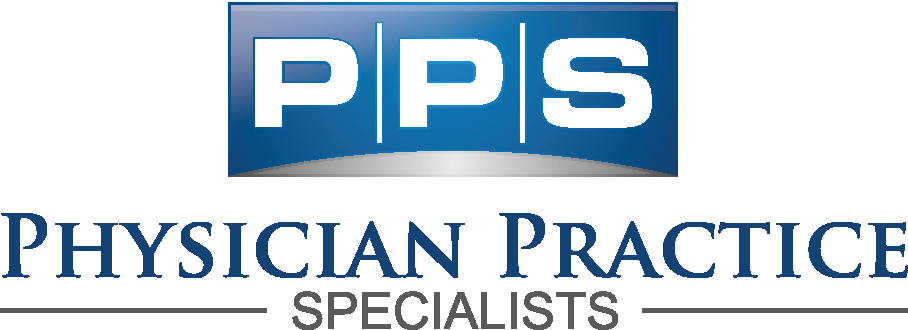Don’t Risk Your Business With an Unreliable Credentialing Service Company
This is a question that many of our potential clients ask when evaluating credentialing services. This is an excellent question and there are a number of factors to consider which we will cover in this article. In addition to the below points, you should also inquire of a potential credentialing vendor what KPIs they use to measure how effective their service is when compared to your internal operations or other credentialing companies.
For insurance enrollment services, there are a few things to look for when evaluating different credentialing service providers.
1. How long has the vendor been providing these services? Ask for references that have been using the credentialing service for 6 months or a year. This is important because unfortunately, there are horror stories out there when a credentialing company goes out of business or just disappears, leaving their client in a very difficult position. By seeking these references and asking the hard questions, it will keep you from going through the same difficulties experienced by many other practices. We recommend that any potential credentialing vendor be in business for at least 5 years and have at least 10 employees. That will give you some confidence that this organization is going to be around for a while.
2. Ask the potential vendor if they understand fee schedules and what percentage of Medicare you can expect from the major payers. This will help verify that the potential credentialing service provider understands how important reimbursements are to your practice. It’s important to have validation of the potential partner’s knowledge on this subject. Contracts and the fee schedules they contain are vital to the long-term health of your organization.
3. Ask the service provider what payers matter most when contracting and if all agreements are reviewed and negotiated PRIOR to signing. Insurance contract negotiations and review are a critical part of the process when setting up new payer agreements. If someone tells you that payer agreements cannot be negotiated, this should be a major red flag and you should run the other direction as fast as you can.
4. Find out what KPIs they use to measure quality and performance. Key performance indicators or KPIs are vital metrics when evaluating any professional credentialing organization. Some of the most important KPIs are total days in enrollment(how many days on average it takes to enroll a provider), application processing time(how long it takes a vendor to submit all necessary applications upon receiving the required information), enrollment denial percentage (how many claims are denied for enrollment issues) and days in signature stage (how long it takes to obtain a signature). These are great questions to help you gauge the performance of your organization and your potential partner.
5. What credentialing technology do you employ to make the enrollment process more efficient? Technology is vital in today’s healthcare climate if you want the process to be smooth and efficient. Relying on excel spreadsheets or doing everything manually is inadequate in most cases and will result in an inefficient process and ultimately you paying more in both time and money. How has your potential credentialing partner used the advances in technology to improve their process?


